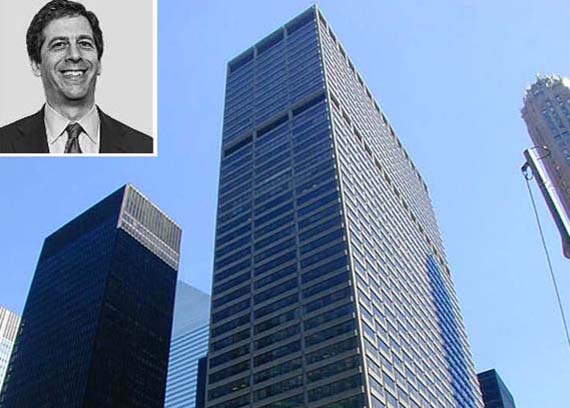Turmoil in global capital markets during the first months of 2016 left many commercial real estate lenders licking their wounds, but not Blackstone Mortgage Trust. The commercial mortgage REIT originated $861 million worth of new loans in the first quarter, while increasing its net income by 61 percent year-over-year to $57.2 million.
Since the end of the first quarter, the REIT has closed or agreed on another $625 million worth of loans, CEO Stephen Plavin said in an earnings call Thursday morning. He did not specify whether any of those loans are on New York properties.
Plavin attributed some of the lending volume to decreased competition from other lenders. As The Real Deal recently reported, CMBS lending all but dried up in the first two months of 2016 as a global bond market slide made it harder to price new loans. Blackstone Mortgage Trust, in contrast, doesn’t securitize its loans. “Our business model insulates us form CMBS market volatility,” Plavin said, adding that less competition meant Blackstone Mortgage Trust could increase the rates it charges on loans in the first quarter.
But Blackstone’ mortgage REIT wasn’t entirely immune to the CMBS market. Plavin acknowledged that the number of repaid loans fell, primarily because borrowers were unable to refinance in the face of tightened CMBS lending. “In order for our loans to be repaid a new loan needs to be closed,” he said. “We had a couple of loans that we thought were going to repay that didn’t.”
Echoing other market observers, Plavin said that debt markets improved in March, and that he expects repayment to get back on track.
Blackstone Mortgage Trust, a public company managed by the Blackstone Group, issues senior loans on commercial real estate properties. It borrows around 75 percent of the money it lends to real estate companies from banks, and makes a profit off the spread between the interest rates.
In the first quarter, the new loans it issued carried an average floating interest rate of 4.4 percentage points over the benchmark London Interbank Overnight Rate (Libor), while its revolving credit facilities with major U.S. banks like Wells Fargo carried an average rate of 2 percentage points over Libor.
